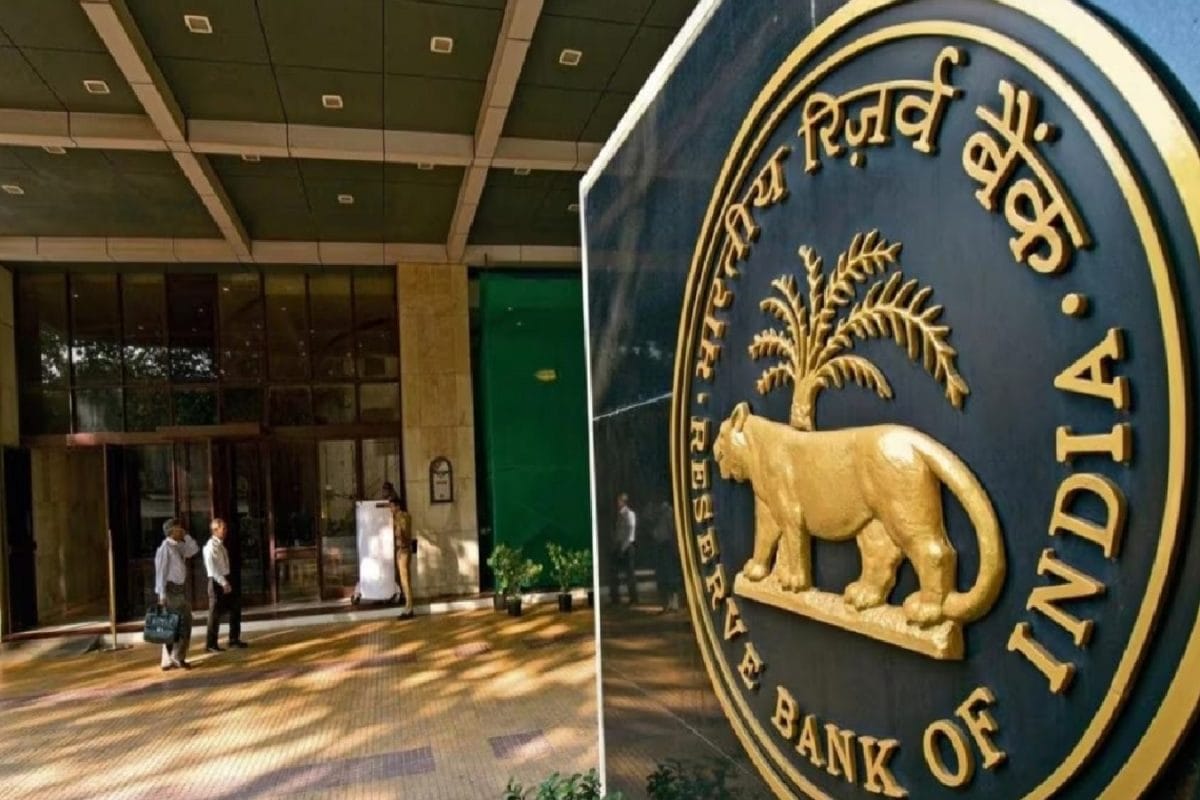

The Reserve Bank of India (RBI) has proposed significant changes to its Know Your Customer (KYC) guidelines, aimed at simplifying the process for both new and existing customers. These proposed changes, address long-standing issues related to KYC compliance, particularly concerning the re-submission of documents for minor updates and the difficulties faced by low-risk customers. The RBI's move reflects its commitment to enhancing customer convenience while maintaining robust safeguards against money laundering and terrorist financing.
One of the key highlights of the proposed framework is the introduction of self-declaration for minor changes in KYC information. Customers will now be able to submit a self-declaration stating that there is "no change" in their KYC information or that there is only a change in their address. This eliminates the need to re-submit documents for minor updates, significantly reducing the burden on customers and streamlining the KYC process for banks.
The RBI has also directed banks and other financial institutions to provide facilities for submitting self-declarations through various non-face-to-face channels. These channels include registered email IDs, registered mobile numbers, ATMs, digital channels such as online banking and mobile applications, and even letters. This ensures that customers can update their KYC information from the comfort of their homes, without having to visit a bank branch.
In cases where there is only a change of address, customers can furnish the revised address through any of the aforementioned channels. Banks will then undertake verification of the declared address within two months of submission. This ensures that the updated address is accurate and that the bank's records are up-to-date.
The RBI has acknowledged that there have been numerous complaints from customers regarding the challenges they face in periodically updating their KYC. There have also been observations of large backlogs in such cases, including accounts opened for direct benefit transfer (DBT) and electronic benefit transfer schemes under government initiatives. The new rules aim to address these issues and improve customer service.
To further ease the compliance burden, the RBI has extended the KYC update deadline for low-risk customers to one year from the due date or until June 30, 2026, whichever is later. During this period, transactions will continue, although the accounts will remain under regular monitoring. This measure provides relief to customers who may have missed the original deadline and prevents their accounts from being frozen.
The RBI has also directed banks to improve communication with customers regarding KYC updates. Regulated entities must send at least three alerts before the due date, including at least one by letter. After the due date, another three reminders are required, again with at least one letter. This ensures that customers are adequately informed about the need to update their KYC and are given ample opportunity to do so.
In addition to simplifying the KYC process for existing customers, the RBI has also taken steps to streamline the onboarding process for new customers. Customers may be onboarded in face-to-face mode through Aadhaar biometric-based e-KYC authentication. In such cases, if they want to provide a current address that is different from the address as per the identity information available in the UIDAI database, they may give a self-declaration to that effect.
The RBI's proposed changes to the KYC guidelines are a welcome move that will benefit millions of bank customers. By simplifying the process and reducing the need for re-submission of documents, the RBI is making it easier for customers to comply with KYC requirements and access banking services. At the same time, the RBI is maintaining robust safeguards against money laundering and terrorist financing, ensuring the integrity of the financial system. The public and stakeholders can comment on the draft Amendment Directions until June 6, 2025.